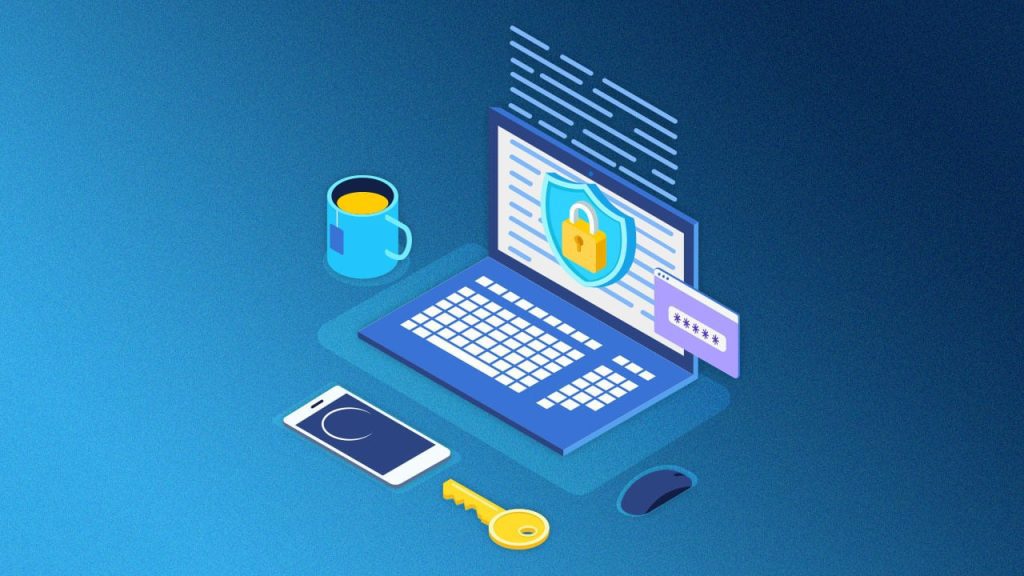Traveling can be an exciting and enriching experience, but it can also put your sensitive data at risk. With the rise of cybercrime, it’s important to take steps to protect your data while traveling. In this article, we’ll explore some best practices for keeping your data safe while on the go.

Table of Contents
Use a Virtual Private Network (VPN)
One of the most effective ways to protect your data while traveling is to use a virtual private network (VPN). A VPN encrypts your internet traffic, making it much more difficult for anyone to intercept or steal your data. There are many reputable VPN providers out there, such as ExpressVPN, NordVPN, and Surfshark.
Avoid Using Public Wi-Fi
Public Wi-Fi is notoriously insecure, making it a prime target for hackers looking to steal sensitive data. When possible, it’s best to avoid using public Wi-Fi altogether. Instead, consider using your phone’s mobile hotspot or a portable Wi-Fi device. If you must use public Wi-Fi, be sure to connect to a reputable network and use a VPN.
Use Strong Passwords and Two-Factor Authentication
Strong passwords and two-factor authentication are essential for protecting your accounts from unauthorized access. When creating passwords, it’s important to use a combination of uppercase and lowercase letters, numbers, and symbols. Two-factor authentication adds an extra layer of security by requiring a second form of verification, such as a code sent to your phone, in addition to your password. Make sure to enable two-factor authentication on all of your accounts that offer it.
Keep Your Software Up-to-Date
Outdated software can leave your devices vulnerable to cyber attacks. To minimize these risks, it’s important to keep your software up-to-date. Check for updates regularly and install them as soon as they become available. This includes not just your operating system, but also your apps, antivirus software, and other programs you use frequently.
Use Cloud Storage and Back Up Your Data
Cloud storage services, such as Google Drive and Dropbox, can be a great way to keep your data safe while traveling. By storing your files in the cloud, you can access them from anywhere and protect them from loss or theft. Additionally, it’s important to regularly back up your data to an external hard drive or another secure location in case your devices are lost or stolen.
Conclusion
By following these best practices, you can help protect your sensitive data while traveling. Remember to use a VPN, avoid public Wi-Fi, use strong passwords and two-factor authentication, keep your software up-to-date, and use cloud storage and backup your data. By taking these steps, you can enjoy your travels with peace of mind knowing that your data is safe and secure.
Check out these links for more information, Cybersecurity and Grasping the Concept of SIM Card Exchange (KSIK)

